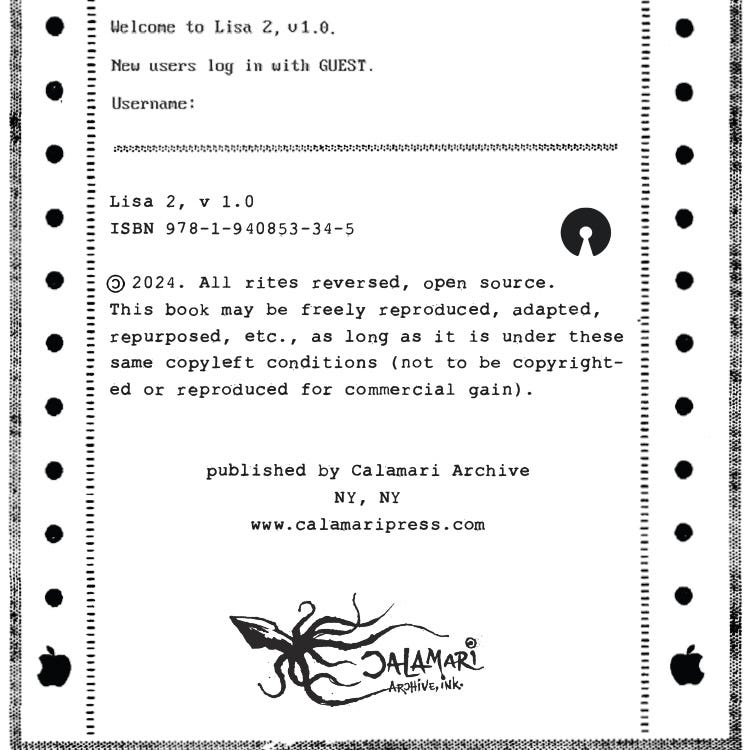I’d be curious to know if anyone has written or read anything that sounds as if it had been translated? Books that were not translated, but feel like they might have been. This is a weird question that I’ve been musing on although I sort of have no idea what I’m talking about. I don’t translate (although I’m lucky that a few of

my books have been translated) and I agree with Jennifer Croft when she says that “I wish all writers were able to translate.” What I have in mind here is not necessarily authors who are influenced by the voice/style of other writers, but rather by the undefinable, sliver-like feeling of separation that comes when reading work in translation. This is all highly subjective; I’m just describing my own experiences reading certain authors—especially Roberto Bolańo and Mariana Enríquez—whose work is so unsettling in ways that I associate with my understanding that I’m reading them in translation.
Although my Spanish (and I don’t even know about the many different regional varieties) is poor, I’ve tried to read Bolańo in some of his original Anagrama printings just to detect if the feeling of alienation is as present in Spanish as it is in English.
I say all this just because I’ve always though the secret sauce to my first novel, The Absolution of Robert Acestes Laing (Two Dollar Radio, 2014) was that is felt as if it had been translated. I don’t even know how to express this properly, because how would I know if my own work “felt” translated, especially since I’m not even sure what a translated work feels like?
I’ve heard authors talk about falling into the world of their novels as they were writing (and I’ve felt this way myself) but with Laing it was reversed: I felt a thin membrane of separation from the world I was imagining through language.
In a different way, the same was true when writing The Rachel Condition, which was influenced not as much by the feeling of translation as by early American epistolary novels like Hannah Webster Foster’s The Coquette and Charles Brockden Brown’s Wieland (both published in 1798), as well as more recent ones like Kazuo Ishiguro’s Never Let Me Go. The separation here involved a different form of translation: taking an old form that’s a bit scarce now (the epistolary novel) and translating into a form suitable for the story love story The Rachel Condition tells.
On a broader scale, it feels like each novel I’ve been fortunate to have found published, including the forthcoming Lisa 2 from Calamari Archive, was written by a
different version of myself, or else a translated version, or else a translation of a translation, since it’s a hyper-mediated persona, Michel Foucault’s author-function, “these aspects of an individual, which we designate as an author, or which comprise an individual as an author, are projections”) that govern the novel’s authorship. Even the name of the book’s covers feels alien to me. Nicholas Rombes. I don’t know that person. That name means nothing to me.





Yes, you're so right John about how books are "mutable organisms"--what a great phrase to describe this. There are passages in your novel No Man's Brooklyn that have this amazing feeling of being translated, like "I want to disillusion my grandfather and tell him that I wasn't the best in my class, the best student, I was a pretty good student," on p. 114. There's a flow and cadence to that that has that feel of "bridging the gap," as you say. I have to read that Jay Rubin book.
Writing while "in character".
Reading while "in character"…